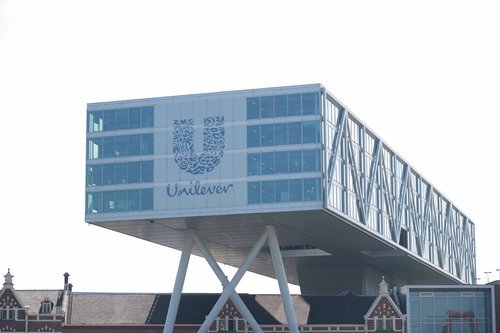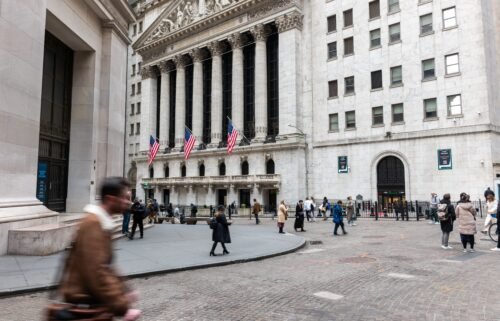Unilever warning shows the global economy is still fragile

A sales warning from one of the world’s biggest consumer goods companies is undermining hopes for a significantly stronger global economy in 2020.
Unilever, which owns brands including Dove and Ben & Jerry’s, said Tuesday that it won’t meet its sales growth target for 2019, and warned that weakness will continue into next year. The company’s products are sold in 190 countries.
Unilever blamed the weaker forecasts on an economic slowdown in South Asia, one of its largest markets, and difficult business conditions in West Africa and North America. Unilever shares lost more than 6% in London.
“The slowdown is particularly coming in rural India, which for the first time in a while is growing at a slower rate than urban India,” CEO Alan Jope told analysts. The South Asian market also includes Pakistan, Bangladesh, Sri Lanka and Nepal.
The pace of economic growth has halved in India since reaching 9% just three years ago. Slowdowns in manufacturing and agriculture have resulted in job cuts and weak consumer demand, forcing companies like Unilever to cut prices in the country.
It’s far from the only global trouble spot. Manufacturing has slowed sharply this year in Europe, with output especially weak in the production heartland of Germany. China’s economy is growing at the slowest pace in three decades.
An easing of trade tensions between China and the United States is expected to help take some of the pressure off key economies. Optimism over a “phase one” trade deal between the world’s two biggest economies and clarity on Brexit have pushed stocks in the United States and Europe to record highs.
Yet Unilever’s troubles chime with words of caution from economists, who warn against betting on a stronger global economy next year.
“Political developments represent a step toward stronger growth, but incoming economic releases remind us that global growth momentum is still stepping down,” analysts at JP Morgan said in a research note, pointing to negative manufacturing and retail spending data.
Unilever’s woes in the spotlight
Unilever’s downbeat sales forecast suggests weakness could persist. The company said that sales growth in the first half of 2020 is expected to be below 3%. Growth for the full year is expected to be in the “lower half” of the 3% to 5% range, it said.
Jope said growth in India is expected to improve in the second half of the year. The tough economic environment in Nigeria and Ghana, where cashflow issues have disrupted buying patterns among Unilever’s distributors, are likely to persist, he said.
The CEO blamed competitive pressures in North America for Unilever’s disappointing performance there, but said there are signs of improvement in its dressings, ice cream and haircare businesses.
“It will take more time to get North America growing than we would like,” he said, adding that trading conditions in Europe “are not getting any easier.”



